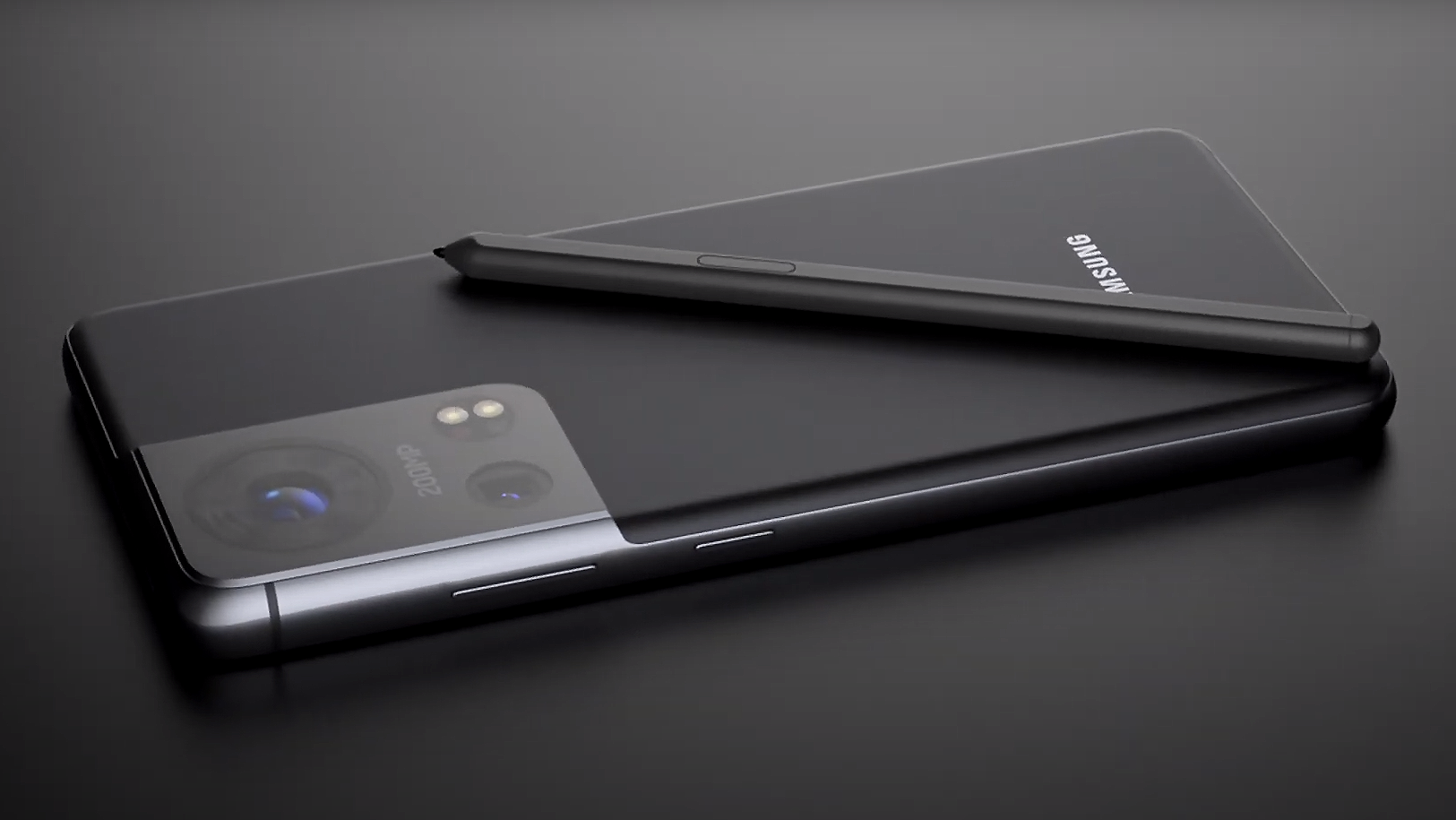
The megapixel game may be over, but the ongoing battle over smartphone cameras continues. Samsung’s upcoming Galaxy S22 is taking an interesting approach, if rumours online are true. Instead of a traditional image sensor, which captures light using pixels sensitive to red, green and blue, the S22 image sensor will also have a white pixel. The RGBW sensor is said to have 50 megapixel resolution, which isn’t what was previously rumoured to be the main selling point of the Samsung Galaxy S22, namely a 200 megapixel sensor.
Now that, initially, doesn’t make much sense. If you can capture all the colours on white, why bother with the red, green and blue pixels at all? And, presumably the reverse argument could be made asking what the purpose of having a white pixel is when you can capture everything on RGB.
In reality, the white pixel can’t capture everything, but it can play a part in seriously boosting the camera’s ability to recover detail from bright highlights. It could, in effect, supercharge HDR images and give a massive boost to dynamic range. It might also be a powerful tool in being able to remove noise from an image that’s inherent in digital sensors.
Why has it taken this long to move to an RGBW sensor? Apparently this isn’t a new idea. Tests and even products have used RGBW before, but because of the complexity processing images using this system requires a fast, modern processor with plenty of horsepower dedicated just to the challenge of image processing. Sony and Omnivision have built sensors using a white pixel in the past, but it’s never worked out as well as the standard layout.
Samsung must, therefore, be confident it’s ironed out all these RGBW problems before the S22 launches next year. That is quite a long way off, so there will no doubt be considerable software, and perhaps even hardware, tweaks before the S22 makes it to your hand. If the new type of sensor can deliver extra brightness, without any downsides, that would be an extremely valuable benefit.
It can’t be said often enough, the more sensitive your sensor is the better it will perform in lower light levels. Sensitivity can be derived from the size of pixels, the aperture of the lens or by using an extra luminance pixel, as Samsung is rumoured to be here. Boosting the signal means less noise reduction and cutting down on image processing leads to better photos - ask your digital SLR if you’re in any doubt about that.
Sign up to the T3 newsletter for smarter living straight to your inbox
Get all the latest news, reviews, deals and buying guides on gorgeous tech, home and active products from the T3 experts
Ian has been involved in technology journalism since 2007, originally writing about AV hardware back when LCDs and plasma TVs were just gaining popularity. Nearly 15 years on, he remains as excited about how tech can make your life better.

